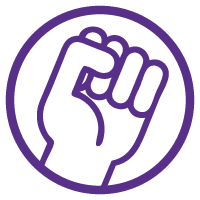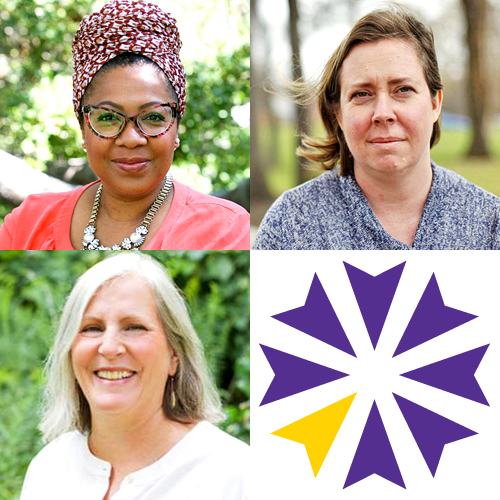 Breastfeeding Education Online Course(s) & Continuing Education
Breastfeeding Education Online Course(s) & Continuing Education
Access the latest clinical skills and research for Breastfeeding Education for Lactation & Breastfeeding professional training. These Breastfeeding Education online courses provide practice-changing skills and valuable perspectives from leading global experts. This Breastfeeding Education education has been accredited for a variety of CEUs / CERPs and can be accessed on-demand, at your own pace.
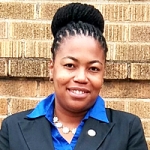
Thinking Outside the Box to Increase Breastfeeding in Communities of Colour

Mother of 6 breastfed children, Tytina is a Certified Lactation Counselor, La Leche League International Breastfeeding Peer Counselor and Program Administrator. Tytina is a Loving Support WIC Peer Counselor and Rush University Medical Center Mother’s Milk Club peer counselor. She is an International Center for Traditional Childbearing provisional Doula. She has 15 years of community-level maternal child health. Her affiliations include Chicago Region Breastfeeding Taskforce, March of Dimes, National Association of Professional and Peer Lactation Supporters of Color, Breastfeed Chicago, the United States Breastfeeding Committee, and GOLD Learning Professional Advisory Committee.
This talk is to stress the importance of breastfeeding in communities where both finances and breastfeeding rates are low. These communities tend to have the highest infant mortality rates. Breastfeeding support programs are almost nonexistent due to lack of funding. This contributes to low initiation of breastfeeding. In these communities the title lactation consultant is foreign. Breastfeeding Peer Counselors reside within these communities; however, there are no employment opportunities. These are actually environmental barriers as well. Living in a community that does not support lactation, makes infant formula appear to be the “norm” for infant feeding. If the community as a whole was aware of the importance of breastfeeding, the whole village could take a stand. Implementing free breastfeeding/mothering support groups, allowing volunteer peer counselors to come in and assist is one approach. It should not take “money” to provide free breast milk.
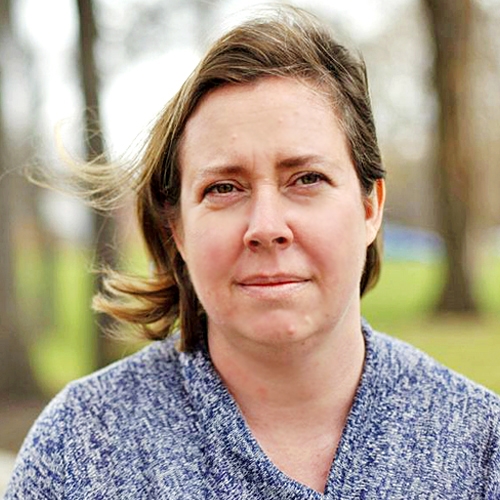
Watching Our Words: Is Risk-Based Language Always the Right Choice?

Michelle Pensa Branco MPH IBCLC is a lactation consultant and public health advocate. In addition to her clinical practice, which has included in-hospital, outpatient and private practice settings, she advocates for improved maternal-child health practices at the local, national and global level. She has a particular interest in the impact of trauma to breastfeeding families, models of peer support to improve breastfeeding outcomes and the application of health communication principles to the promotion and protection of breastfeeding. Michelle serves as the Director of Peer Support Programs and provides clinical lactation expertise for Nurture Project International, the only international NGO focused exclusively on infant feeding in emergencies. With Jodine Chase, she co-founded a Canadian non-profit organization, SafelyFed Canada. She is also an active member of the Ontario Public Health Association’s Breastfeeding Promotion Working Group. Michelle has previously served as the Vice-Chair of La Leche League Canada, the Communications Director for the Canadian Lactation Consultants Association as well as the Toronto Coordinator of INFACT Canada. When she is not travelling for work, Michelle stays close to home, living with her family just outside Toronto, Ontario, Canada.
Topic: Keeping the Fox Out of the Chicken Coop: Safeguarding Your Reputation Against Baby Feeding Industry Influence - [View Abstract]
Topic: Playing Well with Others: Collaborating in High Conflict/Low Trust Settings - [View Abstract]
Topic: Watching Our Words: Is Risk-Based Language Always the Right Choice? - [View Abstract]
Within the lactation world, it is widely accepted that optimizing infant feeding practices and normalize breastfeeding, we must frame breastfeeding as the physiological norm and not breastfeeding as the risk behaviour. For example, breastfeeding does not reduce the risk of type II diabetes, but rather not breastfeeding increases the risk of type II diabetes. Most of us have had this framing drilled into us during our training and can deftly turn around any headline to reflect the correct wording.
It is, indeed, scientifically correct that breastfeeding is the physiological norm for human: artificial feeding is no more “normal” for the human baby than using a wheelchair to be mobile. However, health communication is about more than delivering scientifically accurate facts to the target population. In motivating parents to initiate breastfeeding and then maintain exclusive breastfeeding for 6 months and alongside complementary foods for at least 2 years and beyond, the science of health behaviour is often overlooked.
In this session, we will discuss some of the major models of health behaviour change and how risk is perceived and acted up on within these models, drawing from both maternal-child health and other public health. We will review the rationale for using risk-based language as well as the evidence for different perspectives, including the use of social marketing strategies.
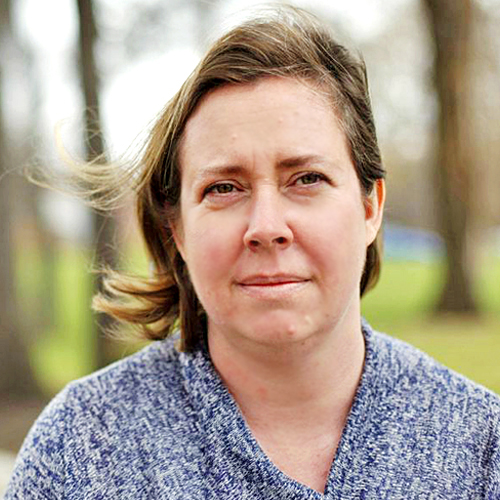
View Details / Enroll
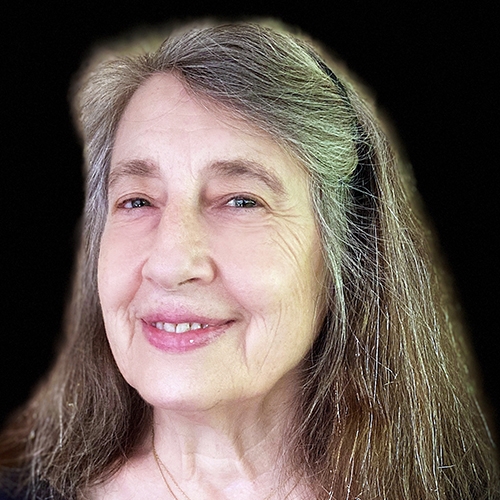

Nikki started as an LPN in 1971, got her RN and BSN, and a graduate degree. She is an author, a teacher, a holistic lactation consultant, a craniosacral therapy practitioner, and a baby body worker (teaching Infant Massage and TummyTime! She is mother to 2 wonderful (breastfed for a long time) daughters, wife to 3 interesting men, only one of whom was the right one for the past 37 years, Rafe!
Her publications include the books, Complementary and Alternative Medicine in Breastfeeding Therapy and A Breastfeeding Owner’s Manual; the monographs, “Benefits of Breastfeeding and Their Economic Impact” and “Sexuality and Breastfeeding” and the educational pamphlet “How to help yourself through labor”. She has been the reviews editor for the journal Clinical Lactation, and has worked as the lactation consultant for the division of Maternal, Child, and Family Health at the Philadelphia Department of Public Health since 2006.
Topic: Words That Work - [View Abstract]
In the past, childbirth educators and breastfeeding helpers have given information that has inadvertently worked against breastfeeding exclusivity and duration. This presentation will address at least 4 common teachings and how they can reinforce perceived milk insufficiency and new mothers’ insecurity about milk supply. Strategies, evidence and scripts will be given to update breastfeeding education.



